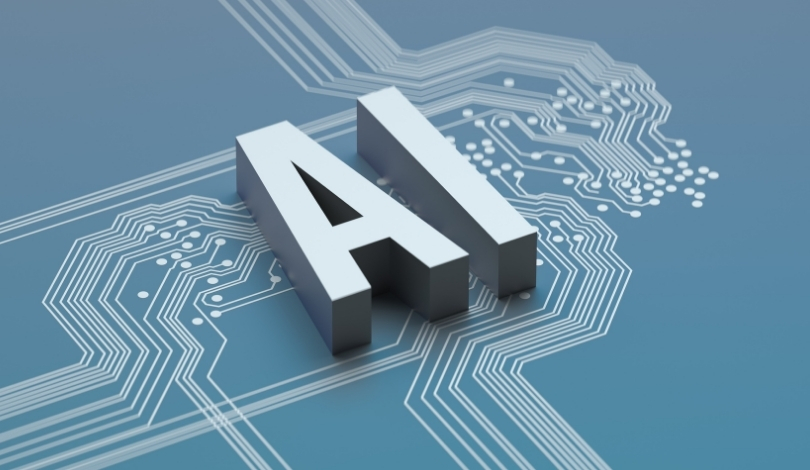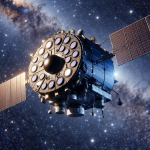OpenAI is experiencing reduced advancements with its new AI model, Orion, signaling potential shifts in the company’s development strategies. As the AI landscape evolves, OpenAI must address emerging technical and financial challenges to maintain its competitive edge. The latest developments indicate a possible re-evaluation of how AI models are trained and improved moving forward.
OpenAI’s Orion is showing smaller performance improvements compared to previous models like GPT-4. While Orion achieved GPT-4’s performance after only 20% of its training, the expected enhancements for GPT-5 appear less significant than the leap from GPT-3 to GPT-4. This trend may affect the pace at which OpenAI can innovate and meet investor expectations.
Why is Orion outperforming GPT-4 with less training?
“Orion achieves comparable performance to GPT-4 with a fraction of the training, highlighting efficiency gains in the initial stages of model development,”
an OpenAI representative commented. This efficiency suggests that the early phases of training are yielding substantial improvements, but the subsequent 80% of training may not enhance the model as significantly.
How does Orion handle different tasks compared to GPT-4?
Employees have noted that Orion excels in language-related tasks but may lag behind GPT-4 in areas like coding.
“Orion performs better at language tasks but may not outperform previous models at tasks such as coding,”
an OpenAI employee stated. This indicates that while Orion advances in some domains, it may not yet surpass its predecessors in all functionalities.
What challenges does OpenAI face with its latest model?
OpenAI is navigating increased investor expectations following a recent $6.6 billion funding round. Alongside financial pressures, the company faces technical challenges due to the diminishing availability of high-quality training data, which is crucial for AI development. Moreover, the departure of key leaders could impact the company’s strategic direction and innovation capacity.
The limitations observed with Orion reflect broader industry challenges, including the scarcity of new training data and heightened competition. A study published in June projects that AI firms will deplete publicly available human-generated text data by 2032, compounding the difficulties in maintaining rapid advancements. OpenAI’s strategic responses to these issues will be critical in shaping its future trajectory.
OpenAI is reconsidering its development approach to address these hurdles, potentially focusing more on refining models post-training rather than solely relying on extensive training processes. This shift may lead to new methodologies and standards within the AI field, emphasizing sustainable growth and innovation.
Navigating these challenges requires a balance between innovation, practical application, and meeting investor demands. The ongoing leadership changes within OpenAI add another layer of complexity, as the company aims to sustain its position in a rapidly evolving market.
OpenAI’s experience with Orion underscores the necessity for adaptable strategies in AI development. As the availability of training data declines and competitive pressures intensify, the company must innovate beyond traditional scaling methods to continue advancing its technology effectively.










